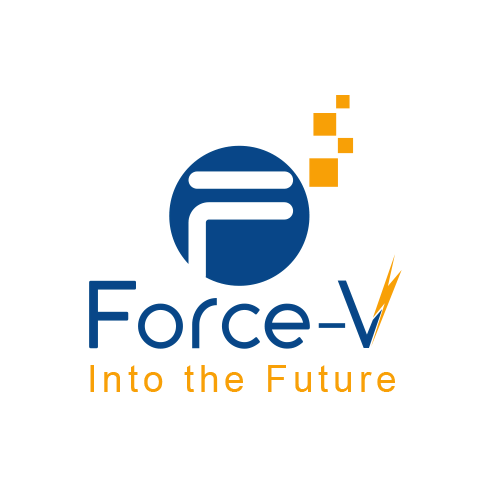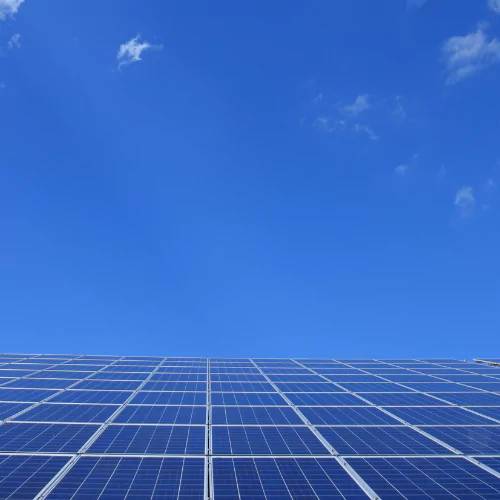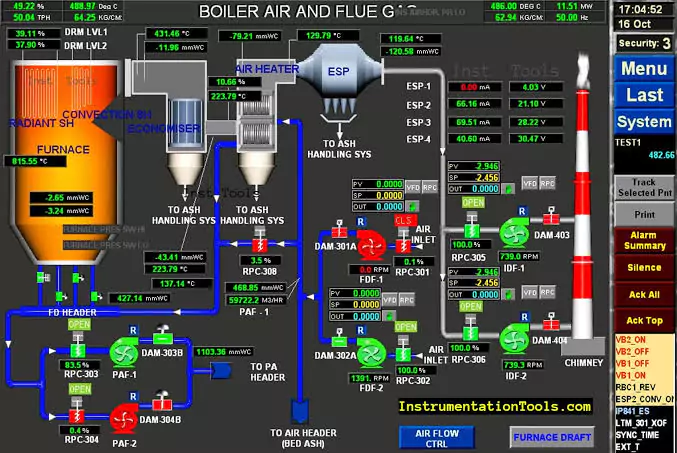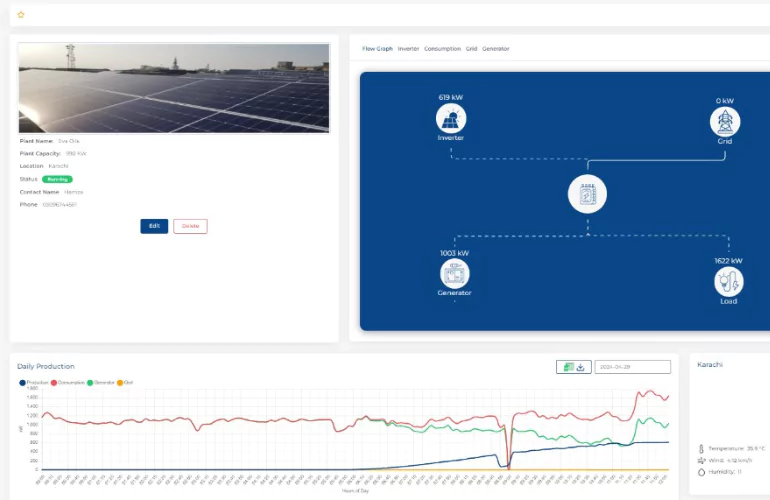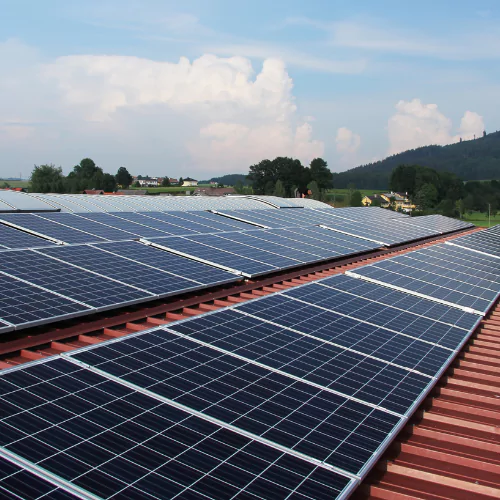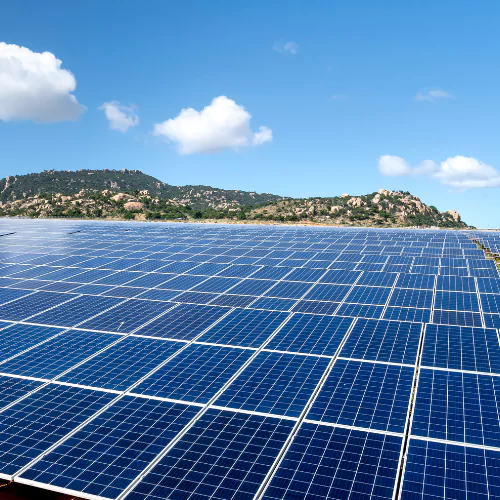Can Solar Inverters Operate Continuously?
Solar inverters can be considered the CPU, the main processing unit of a solar energy system. Given their central role, many people wonder about the longevity of solar inverters: how long does a solar inverter last? This question often leads to another: can an inverter run 24 hours a day? And if so, is it designed for constant use, or does continuous operation shorten its lifespan? In this blog post, we’ll discuss whether an inverter can run 24 hours a day and how it affects its longevity and efficiency.
What Does a Solar Inverter Do?
A solar inverter’s primary function is to convert direct current (DC) from solar panels into alternating current (AC) that can be used by household appliances. Since our appliances use AC rather than DC, it is essential for the inverter to be as efficient as possible. Beyond just converting current, smart solar inverters, like Force V Dexterous, manage and govern the entire ‘smart and AI’ aspect of the solar energy solution. These advanced inverters regulate energy consumption, energy generation, and many other metrics, making them crucial to the entire system.
Can Solar Inverters Run 24 Hours a Day?
The short and simple answer is yes. An inverter can run 24 hours a day without any issues. As long as there is a power supply and no underlying problems, the inverter will continue to operate effectively and efficiently. Solar inverters, like the Force V Dexterous, are designed to perform for extended periods, ensuring that the household or premises always has access to solar energy. Thus, solar inverters are perfectly capable of running 24 hours a day for extended periods.
Solar Inverters Running 24/7: Does It Affect Longevity or Efficiency?
Running an inverter 24/7 does not negatively impact its longevity or efficiency. Solar inverters are manufactured to run for extended periods, with special care taken to ensure their performance is not affected by constant operation. However, certain factors can affect the longevity and efficiency of solar inverters, regardless of continuous use.
Factors Affecting Longevity and Efficiency of Solar Inverters
Here are the major factors that affect the longevity and efficiency of solar inverters:
1. Brand or Manufacturer
Quality brands produce solar inverters that deliver both efficiency and longevity. In contrast, less reputable brands may struggle to maintain quality, leading to shorter lifespans and reduced efficiency due to inferior components and materials that cannot handle constant operation.
2. Environmental Conditions
Excessive heat or moisture can adversely affect a solar inverter’s performance. Prolonged exposure to such conditions, especially heat, can degrade the inverter’s physical performance, leading to a loss in efficiency and longevity over time.
Force V Dexterous: Smart Solar Solutions for Maximum Efficiency
As one of the best solar energy companies in Pakistan, Force V offers groundbreaking solar energy solutions designed for maximum efficiency. Our state-of-the-art Dexterous smart solar energy solution ensures you experience the best of solar energy, complete with top-quality solar panels. Experience the peak of solar energy with Force V.
By understanding the importance and capabilities of solar inverters, you can make informed decisions about your solar energy system, ensuring longevity, efficiency, and uninterrupted power supply.
